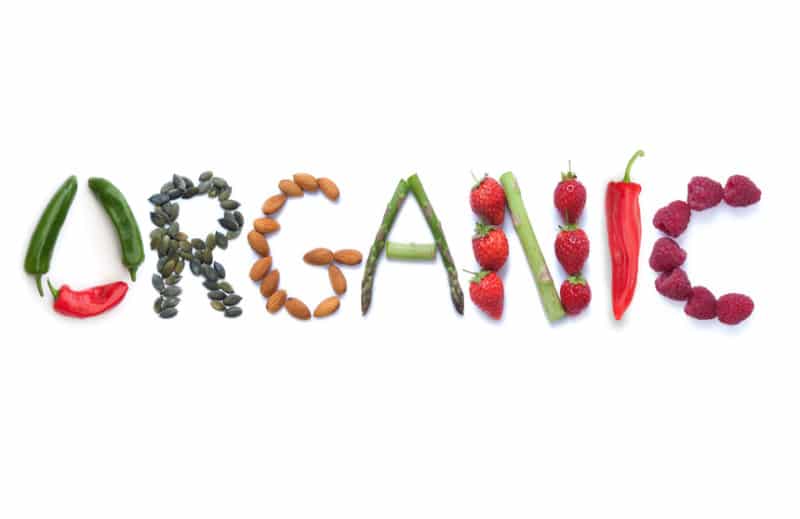Diets of 68,946 French adults were analyzed, over ¾ of the participants were women in their mid 40s on average; participants were categorized into 4 group depending on how often they reported consuming 16 organic products which included fruits, vegetables, meat, fish, ready to eat meals, vegetable oils/condiments, dietary supplements, and other products.
Follow up time varied for each participant lasting on average just over 4.5 years; during that time participants developed 1,340 cancers with the most prevalent being: 459 cases of breast cancer; 180 cases of prostate cancer; 135 cases of skin cancer; 99 cases of colorectal cancer; and 47 cases of non-Hodgkin lymphomas.
To calculate relationships between high scores and overall cancer risk participant organic food scores were compared with cancer cases to find that those who ate the most organic foods were 25% less likely to develop cancer; specifically 73% less likely to develop non-Hodgkin lymphoma and 21% less likely to develop post-menopausal breast cancer.
Those who consumed low to medium quality diets sticking with organic foods were still found to experience a reduced risk of cancer. Possible explanation for negative relationship between organic food and cancer risk is theorized to stem from significant reduction of contamination that occurs when conventional food are replaced by those that are organic.
The team concluded their study is important, if confirmed promoting organic foods may be a promising preventative strategy against cancer; findings are consistent with those from the International Agency for Research in Cancer showing pesticides to be causing cancer in humans; and align with another showing a negative relationship between eating organic and non-Hodgkin lymphoma.
According to Dr. Jorge E. Chavarro assessing diet and organic food intake is difficult due to social and economic determinants; authors consider all non-consumers the same, and it is unclear that quantifying organic consumption is what should be measured rather than exposure to pesticide residues. Chavarro’s own research has shown a correlation between organic consumption and pesticide levels in urine; and suggests this topic should be studied more.




